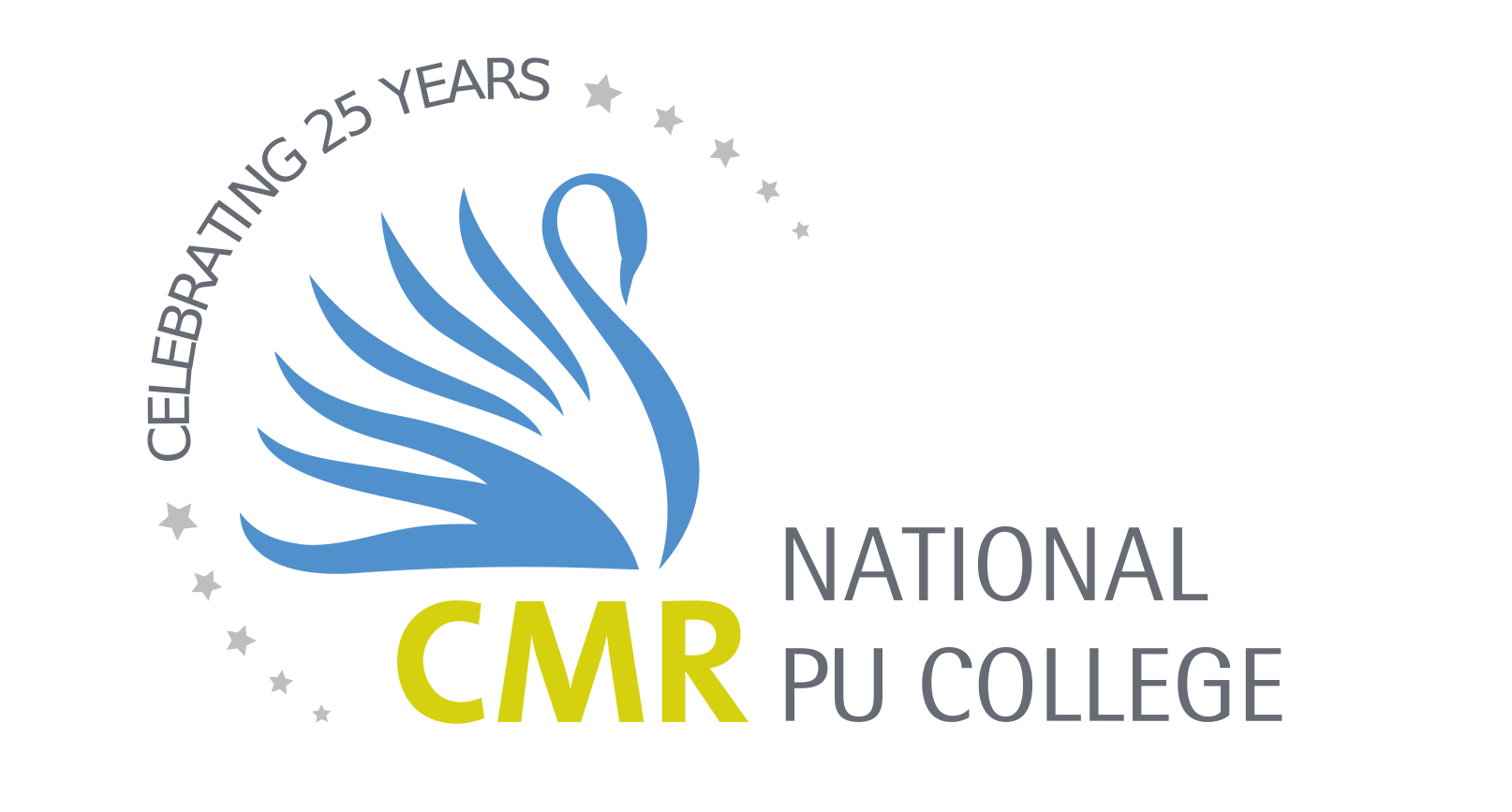Picture this: you’re studying for your upcoming exams, surrounded by textbooks and notes, when a voice in your head whispers, “You should be practicing guitar,” or “Your sketchbook is gathering dust.” For many students in the rigorous world of pre-university education, this thought is immediately followed by guilt.
Hobbies feel like a distraction from the real work of academics. But what if we told you that picking up that guitar or paintbrush might be one of the most productive things you can do for your academic success?
The top PU colleges in Bangalore are increasingly recognising a counterintuitive truth: strategic breaks filled with engaging hobbies don’t detract from learning; they supercharge it. The relentless grind of constant study can lead to diminishing returns, where more hours at a desk don’t translate to more knowledge retained.
In the competitive landscape of the best PU colleges in Bangalore, it’s not just about working harder, but working smarter. And a crucial part of working smarter is giving your brain the diverse stimulation it needs to perform at its peak.
This isn’t just a theory; it’s backed by neuroscience. When you switch from solving a physics problem to learning a chord progression, you’re not just “taking a break.” You’re activating different neural pathways, allowing the cognitive resources you use for academics to rest and replenish. The mental shift is like cross-training for your brain, building agility and resilience that pays off when you return to your studies.
The Cognitive Reset: How Hobbies Recharge Your Focus
The brain’s prefrontal cortex, responsible for complex thinking and concentration, is like a muscle. It has finite stamina and tires after prolonged focus. Forcing it to push through fatigue leads to burnout, frustration, and shallow learning. Engaging in a hobby provides the perfect mental palate cleanser. An activity you’re passionate about, whether it’s playing a sport, coding a personal project, or gardening, shifts your brain into a different mode of operation.
This shift allows your “focus muscle” to recover. Studies show that after a period of engaging in a relaxing, enjoyable task, people return to their primary work with improved concentration, faster processing speed, and greater creativity. The top PU colleges in Bangalore that encourage a culture of well-rounded development understand this. They see that students who maintain hobbies often manage their time more effectively and approach academic challenges with a fresher, more innovative perspective.
This process of cognitive restoration is vital during pre-university education, a period defined by high-stake exams and intense pressure. A hobby isn’t an escape from this reality; it’s a tool for navigating it more effectively. It prevents the mental stagnation that comes from single-minded focus and keeps the mind agile and ready to tackle complex problems.
Beyond the Books: The Transferable Skills You Gain
The benefits of hobbies extend far beyond a simple mental refresh. The skills you develop while pursuing a passion are often directly transferable to your academic work. Learning a musical instrument enhances your ability to recognise patterns and sequences, a skill that is invaluable in mathematics and computer science. Team sports teach strategic thinking, collaboration, and resilience in the face of setbacks, qualities that are essential for group projects and handling academic pressure.
Creative writing or blogging hones your communication skills and your ability to structure a narrative, which can transform how you write exam essays. Even a seemingly unrelated hobby like cooking involves following complex instructions, managing time, and adapting to unexpected outcomes, all of which are forms of practical problem-solving. The best PU colleges in Bangalore value these soft skills because they contribute to creating not just good students, but capable and adaptable individuals.
When you engage in a hobby, you are practicing the very same executive functions- planning, perseverance, and self-regulation- that you need to succeed in your studies. This makes hobbies a form of stealthy skill-building, turning your leisure time into a training ground for academic and life success.
Making It Work: Integrating Hobbies into Your PU Journey
Understanding the value of hobbies is one thing; making time for them is another. The key is intentional integration, not random indulgence. Start by scheduling your hobby time as you would a tuition class. Block out 30-45 minutes a few times a week and treat this appointment with yourself as non-negotiable. This structured approach prevents hobbies from becoming a source of guilt and ensures they serve their purpose as a sustainable part of your routine.
Choose activities that are genuinely enjoyable and mentally transporting. The goal is to be fully immersed. If scrolling through social media leaves you feeling drained, it doesn’t count as a restorative break. Opt for activities that engage your hands and mind, like sketching, playing an instrument, or a physical sport. The top PU colleges in Bangalore often provide clubs and facilities for this very reason, creating environments where students can easily access these enriching pursuits.
Remember, balance is the objective. Your hobby should fuel your academic efforts, not replace them. Think of it as an essential part of your academic toolkit, as crucial as your textbooks and notes. By giving yourself permission to pursue your passions, you are not wasting time. You are investing in a smarter, more sustainable, and ultimately more successful path through your pre-university education.
